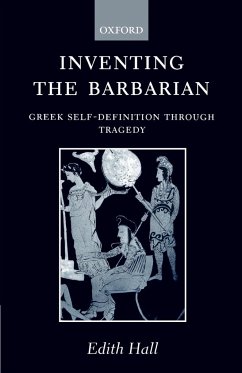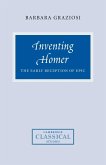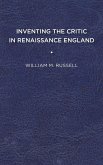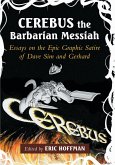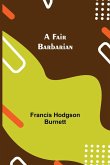The D.Phil. dissertation out of which this book developed won the Hellenic Foundation's prize for the best doctoral thesis in ancient Greek studies in the UK and Republic of Ireland (1988).
Incest, polygamy, murder, sacrilege, impalement, castration, female power, and despotism are some of the images used by Athenian tragedians to define the non-Greek, "barbarian" world. This book explains for the first time the reasons behind their singular fascination with barbarians. Edith Hall sets the Greek plays against the historical background of the Panhellenic wars, and the establishment of an Athenian empire based on democracy and slavery. Analyzed within the context of contemporary anthropology and political philosophy, Hall reveals how the poets conceptualized the barbarian as the negative embodiment of Athenian civic ideals. She compares the treatment of foreigners in Homer and in tragedy, showing that the new dimension which the idea of the barbarian had brought to the tragic theater radically affected the poets' interpretation of myth and their evocation of the distant past, as well as enriching their reportoire of aural and visual effects. Hall argues that the invented barbarian of the tragic stage was a powerful cultural expression of Greek xenophobia and chauvinism that, paradoxically, produced and outburst of creative energy and literary innovation.
Incest, polygamy, murder, sacrilege, impalement, castration, female power, and despotism are some of the images used by Athenian tragedians to define the non-Greek, "barbarian" world. This book explains for the first time the reasons behind their singular fascination with barbarians. Edith Hall sets the Greek plays against the historical background of the Panhellenic wars, and the establishment of an Athenian empire based on democracy and slavery. Analyzed within the context of contemporary anthropology and political philosophy, Hall reveals how the poets conceptualized the barbarian as the negative embodiment of Athenian civic ideals. She compares the treatment of foreigners in Homer and in tragedy, showing that the new dimension which the idea of the barbarian had brought to the tragic theater radically affected the poets' interpretation of myth and their evocation of the distant past, as well as enriching their reportoire of aural and visual effects. Hall argues that the invented barbarian of the tragic stage was a powerful cultural expression of Greek xenophobia and chauvinism that, paradoxically, produced and outburst of creative energy and literary innovation.

